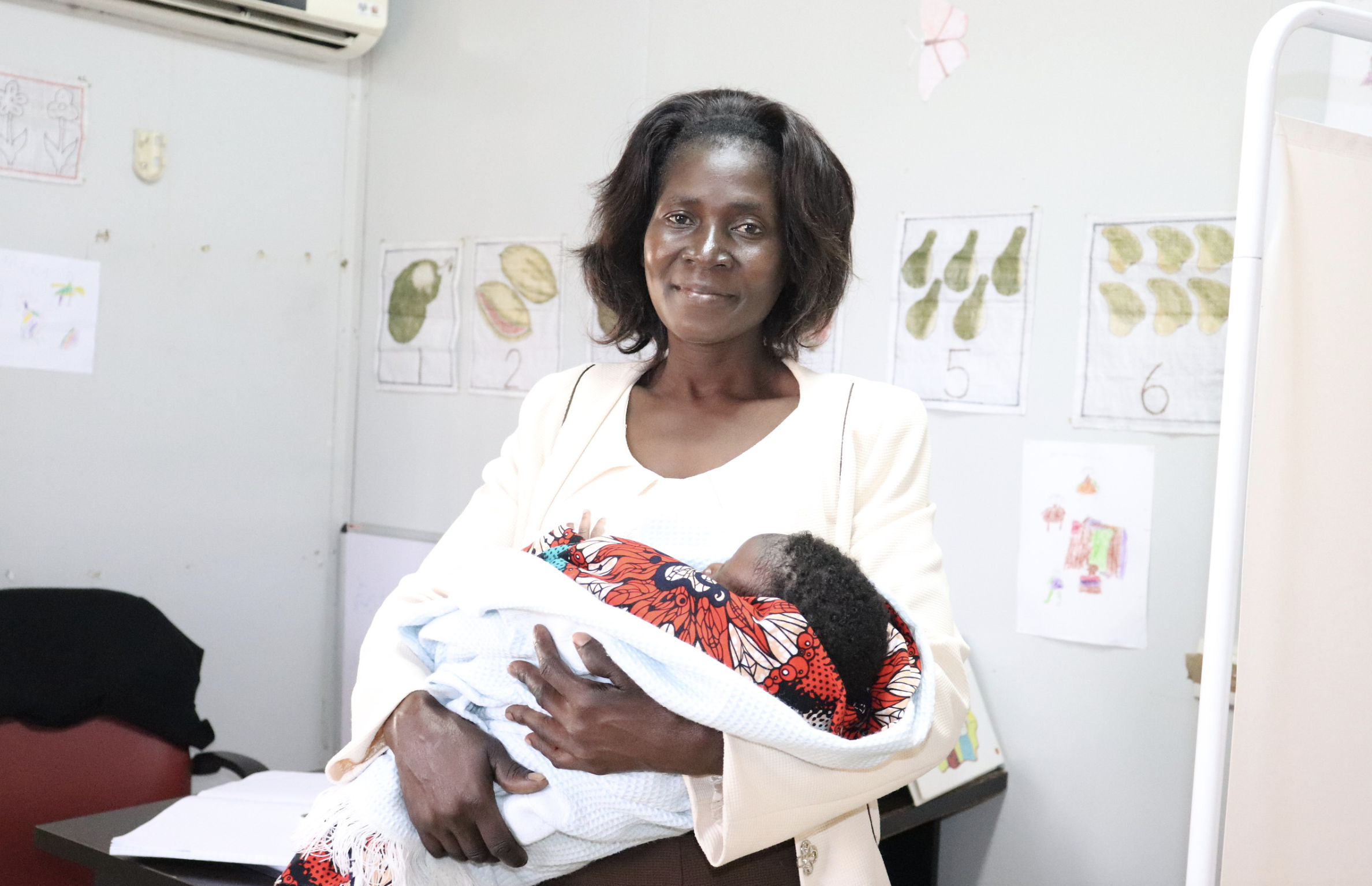Introduction
Mentor mothers (MM) is a program of peer mentors who support pregnant/breastfeeding women (PBW) with HIV (PBWH) through counseling and follow-up visits. MM in Gaza (Mozambique) was associated with increased 12-month retention in prevention of mother to child transmission (PMTCT) care compared with standard of care (SOC). We assessed MM’s cost-effectiveness and potential to contribute to meeting the UNAIDS target of <5% 18-month MTCT.
Methods
Using the Cost Effectiveness of Preventing AIDS Complications (CEPAC)-Pediatric model, we projected the clinical and economic impact of implementing MM, compared with SOC, for all PBWH in antenatal/postnatal care in Mozambique in 2019. We calculated the incremental cost-effectiveness ratio (ICER) from model-projected discounted life expectancy and lifetime costs, and the strategy was considered cost-effective if its ICER was <50% of Mozambique’s GDP per capita. We also projected the necessary improvements in the continuum of care for prevention of vertical transmission, in addition to the MM, to reach the goal of <5% of vertical transmission.
Results
The implementation of MM was projected to reduce the vertical transmission at 18 months from 14.0% to 12.9% and to be cost-effective (ICER = 14% of Mozambique’s GDP per capita) in the health facilities included in this evaluation. The UNAIDS goal could be achieved with interventions implemented together with MM that simultaneously accomplish three goals: reduce the incidence of HIV in pregnant women from 1.6% to 1.1% (per-pregnancy) and in lactating women from 0.1% to 0.08% per month, increase knowledge of HIV status among HIV+ pregnant or breastfeeding women in antenatal care from 73% to 100%, and increase coverage of antiretroviral treatment among HIV+ pregnant or lactating women from 95% to 100%. The maximum justifiable total cost that could be devoted to accomplishing these three goals, while remaining cost-effective, is US$590 for each pregnant or lactating HIV-positive woman.
Conclusion
Implementing the MM program at the population level in Mozambique is projected to decrease MTCT and be cost-effective. To reach the UNAIDS target, other PMTCT care continuum steps must be targeted at the same time; we provide a maximum justifiable cost for doing so.




